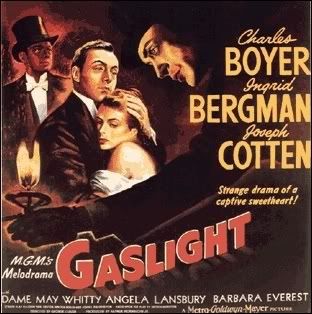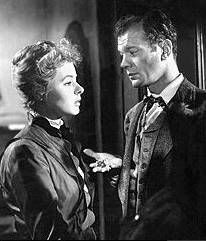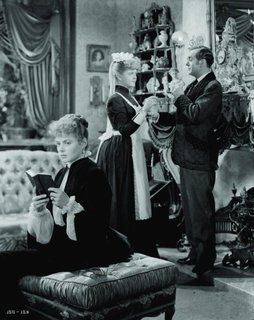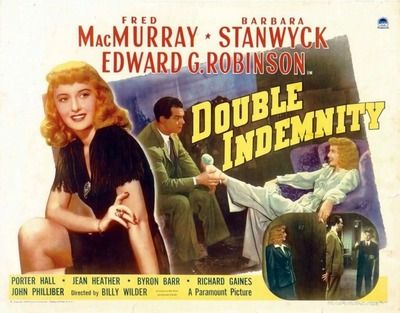Gaslight - repost from my previous site
Director: George Cukor
Starring: Ingrid Bergman, Charles
Boyer, Joseph Cotten, Angela Lansbury
1944
A
classic parlor drama from the 1940s, Gaslight was a Best Picture nominee
when it came out, and that, just four years after the original Gaslight
had been made. See, this whole thing of
Hollywood doing nothing but remakes is absolutely nothing new! Even some of the great classic films are
remakes!
Paula
Alquist’s (Bergman) aunt, a famous singer, was murdered in their house in
London when Paula was just a girl. She
goes to Italy to be raised by family friends, but returns to her old house when
her new husband, Gregory Anton (Boyer) insists on it. Soon, Gregory starts insisting on lots of things,
including the fact that Paula is forgetting things, even though she swears she
isn’t, and that they avoid visitors at all costs. Her confidence begins to waiver, and she
begins to be convinced of her insanity.
Y’know,
I enjoy classic film. I really do. But I find Gaslight a little
lacking. I can see how the story would
have been gripping in decades past, but it lacks a modern appeal, a modern
sensibility. Ingrid Bergman won an Oscar
for her role as Paula, the beleaguered wife, and while I think her performance
is good, I also think it’s over the top.
There’s very little subtlety in her performance or, for that matter, the
film. Bergman cries a lot and wails a
lot and throws herself around a lot to show how Paula is falling victim to her
husband’s psychological abuse. I suppose
that it’s true that back then, the Oscar went to the most obvious performance
rather than the most deserving, just like it is today as well. Ah well.
Part
of what annoys me about the film is how obvious Gregory’s abuse is (Boyer
Behaving Badly… sorry, had to be done).
There’s nothing subtle about it.
“Hey, I’m going to make my wife go crazy. Sit down and watch!” I love a good psychological thriller, but
this is a bit too pie-in-the-face for me, never mind that the ending feels
incredibly weak. We ultimately learn
Gregory’s motivations, and they are not nearly as entertaining or salacious as
the film thinks they are.
And
then there’s the Joseph Cotten (dammit, autocorrect!) character, who completely
feels like a tacked-on addition to ensure a happy ending. I mean, I am a Joseph Cotten (stupid
autocorrect!) fan, but this is not his greatest role. He does precious little except serve as a
mouthpiece for clunky exposition.
Angela
Lansbury in her first film role is rather fun as Nancy, the oversexed
housemaid. Problem is, the film needed
more of her. She wasn’t nearly as
involved in the plot of the film as I remember, instead constantly dancing on
the periphery of the action. She’s so
saucy and sassy and more than a little dark and dangerous, USE HER! I wish she had been tied more tightly into
the overall plot.
I
will say this for the ending – when Gregory gets his comeuppance (not really a
spoiler, this is a Hollywood movie from the 1940s, so we know the bad guy won’t
be getting away with anything), I did find myself glorying in Paula’s
victory. There’s a great scene where she
taunts him, throwing back his psychological abuse in his face. I certainly had a moment of emotional
connection there, but it was because Paula was finally saying to Gregory what I
wanted her to say to him from the start.
I honest to god don’t understand why Paula was so weak throughout the
rest of the film and so strong here. I
don’t understand why she put up with Gregory’s treatment the way she did. I wanted her to punch him in the face every
time he pulled one of his horrible tricks on her, and run out. Stop being such a spineless doormat, Paula,
and break free!
Is
this a bad movie? No, definitely not,
but I do think it’s of another era. It’s
a gothic romantic thriller that hasn’t aged well.
Arbitrary
Rating: 6/10




